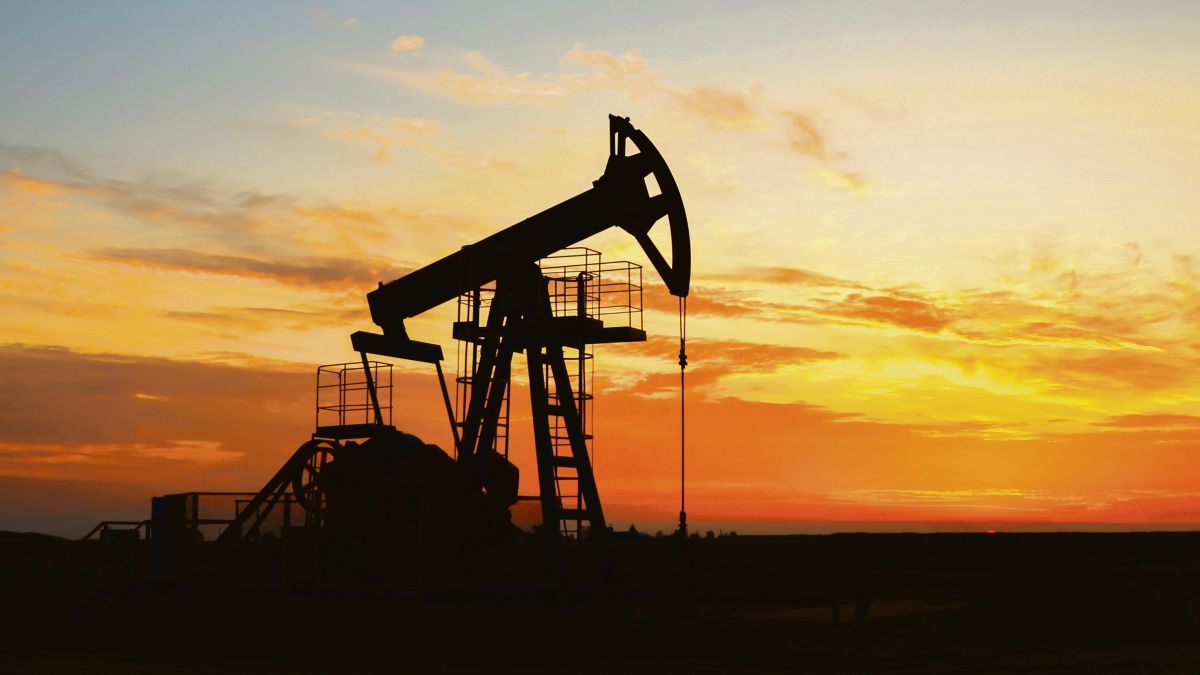Energy prices have reached record levels in recent weeks, driven by the energy shortages in Asia, Europe and the United States, and the crisis is expected to last until the end of the year and slow its economic growth.
Also, the impact of supply shortages on energy and manufacturing components is being reflected in the data, raising concerns.
The sell-off of global stocks and bonds extended into Tuesday, taking the U.S. Treasury yield to 18-month highs, while global stocks fell for the third day in a row on fears that energy prices slow economic growth.
Data released on Tuesday indicated that wholesale inflation in Japan reached 13-year highs last month, while buyers in United Kingdom they cut spending and China recorded a 20% drop in car sales.
In his last effort to deal with the crisis, China said it will further liberalize coal-fired power prices and it will force industrial and commercial consumers to buy from the market.
The growing energy crisis has forced a reduction in production in China in industries such as cement, steel and aluminum, as energy producers, unable to pay for coal, reduced their activity. Utilities have not been able to keep up with post-pandemic demand.
On India, the Energy Ministry has warned states that federal power producers will cut supply if their utilities are found to be selling power to take advantage of rising prices.
Asia’s third-largest economy faces large-scale blackoutsas several power plants have low coal inventories as a result of the sharp increase in world energy prices.
Crude was hovering around $ 84 a barrel on Tuesday, close to a three-year high., since a rebound in world demand caused price increases and shortages in other energy sources. Coal has hit record peaks and gas prices are still four times higher in Europe than in early 2021.
To address the recovery in demand, the OPEC + -which groups together the Organization of Petroleum Exporting Countries and an alliance of oil producers led by Russia– it is increasing monthly production, reducing the cuts it approved to support prices and excess supply.
The price of Brent crude has soared more than 60% this year, supported by OPEC + supply restrictions, as well as record gas prices in Europe, which encouraged a switch to oil in some places.
The sharp rise has put OPEC + under pressure from consumer nations. A US official said Monday that the White House is continuing its call on oil-producing countries to “do more” to alleviate the situation.
On France, President Emmanuel Macron said on Tuesday that the country wants to be a leader in green hydrogen by 2030 and build new smaller nuclear reactors as part of a € 30 billion ($ 35 billion) investment plan.
David William is a talented author who has made a name for himself in the world of writing. He is a professional author who writes on a wide range of topics, from general interest to opinion news. David is currently working as a writer at 24 hours worlds where he brings his unique perspective and in-depth research to his articles, making them both informative and engaging.




